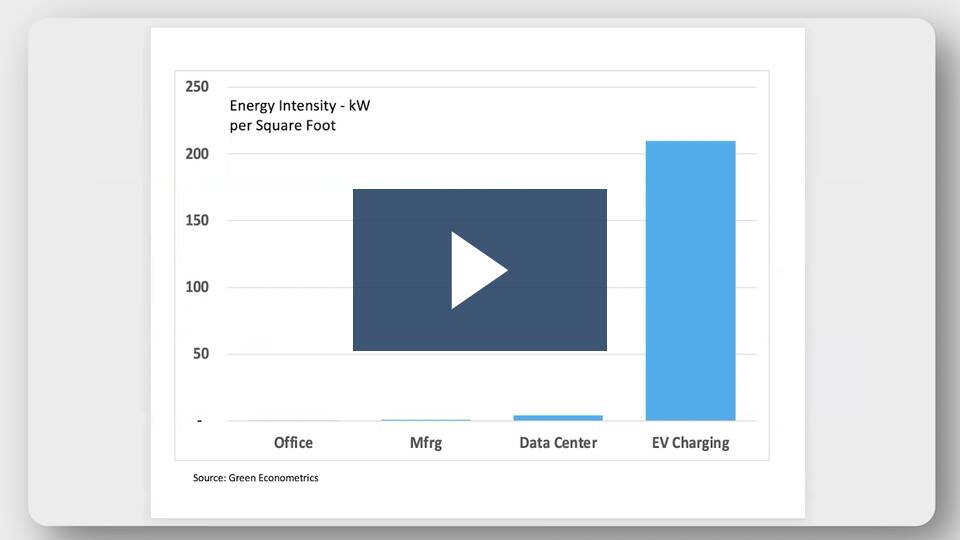Energy Transformation Why EVs will Impact the Utility Grid

Energy Transformation: Why EVs will Impact the Utility Grid – MarketScale
With the bipartisan National Electric Vehicle Infrastructure (NEVI) funding fast approaching, what are the implications on energy demand and the utility grid and why is EV charging compounding the complexities of grid transmission and distribution?
Currently EVs account for about 1% of the global vehicle market and according to EV Adoption, there are approximately 2 million EV on the road in the US. According to the Department of Transportation’s Federal Highway Administration, the average vehicle travels approximately 13,500 miles annually and EV efficiency is roughly 3.5 miles per kWh suggesting annual energy consumption of 3,870 kWh. According to the DOE Energy Information Administration, the average US home consumes roughly 10,900 kWh a year. Therefore, an EV would potentially account for the 35% of the average US home’s electric usage. Most homes can be equipped with a Level 2 EV chargers (240 volts / 50 amps) mitigating any grid impact
EV Charging Grid Impact
